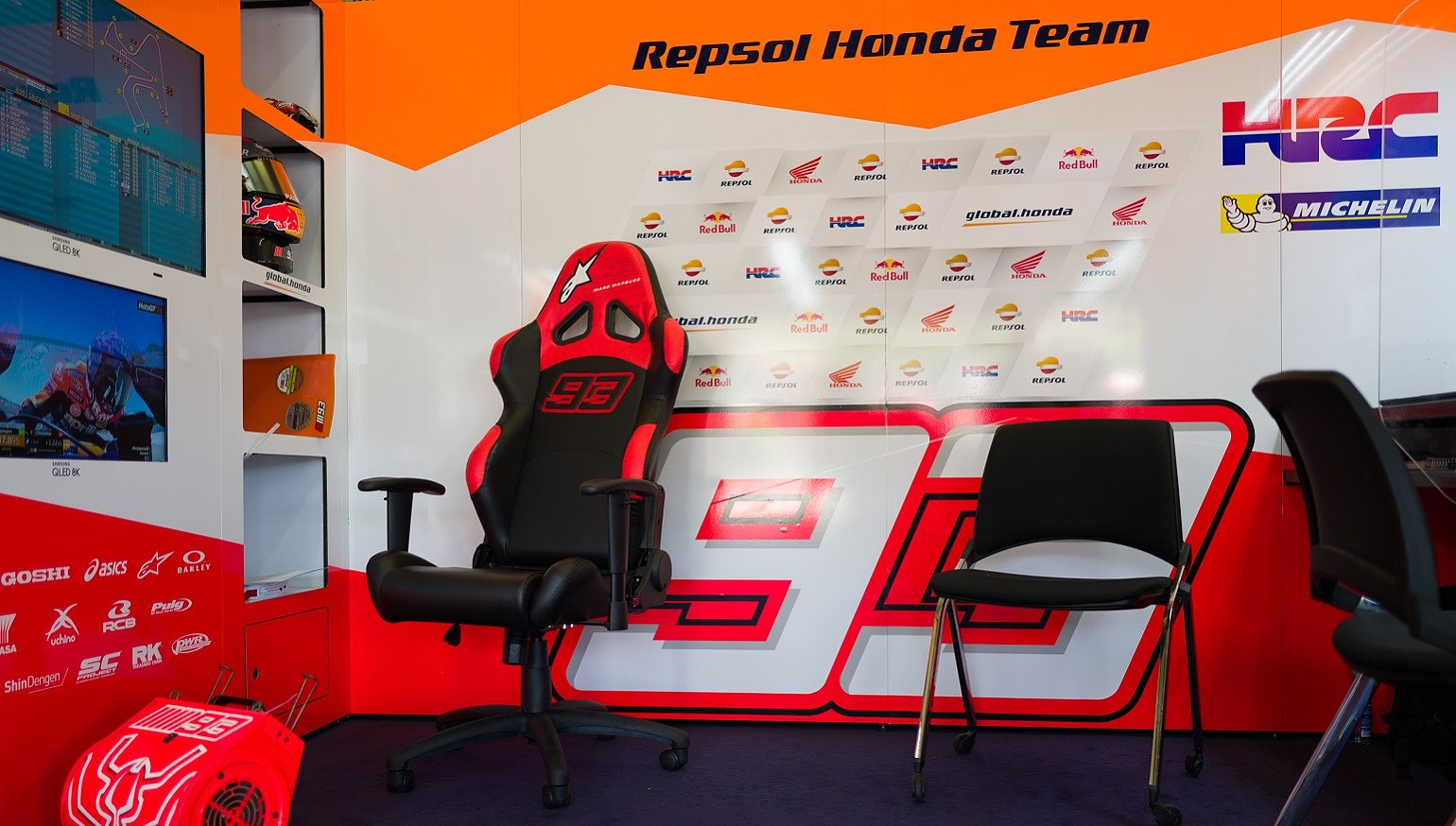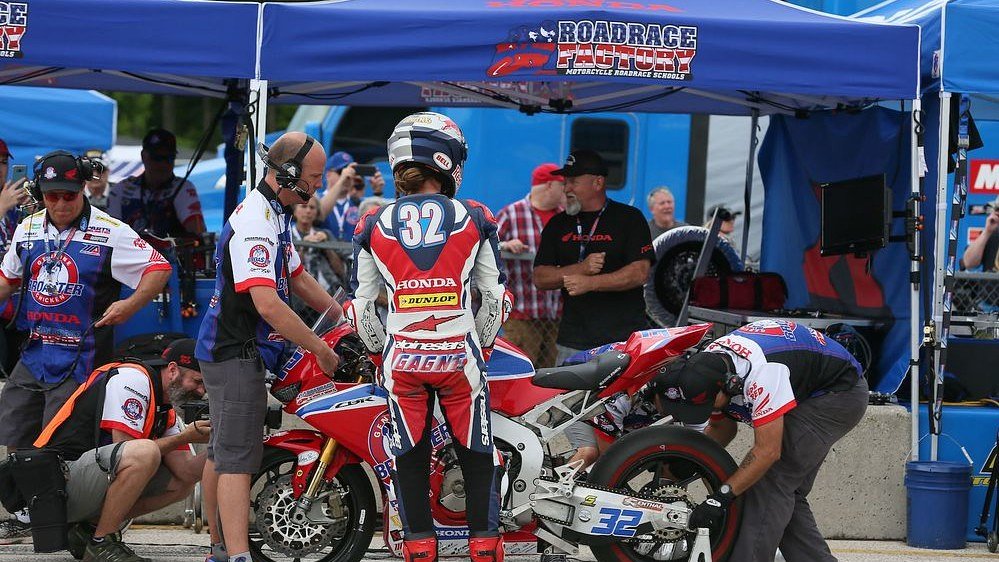The year is 1997. The mighty Repsol Honda team fields four riders in the premier 500 cc class of grand prix motorcycle racing and they win all 15 races, with Mick Doohan taking the rider's championship. Utter domination. Imagine predicting, at the end of that season, that 25 years later, Honda would finish last in the MotoGP constructors' championship.
Think I'm going back too far into ancient history? OK, how about this? In 2014, a skimpy little blog called The Hub (later to be renamed Common Tread) was launched at RevZilla and hardly anyone noticed at first. What everyone did notice was Repsol Honda rider Marc Márquez winning 10 consecutive MotoGP races on his way to 13 wins and his second title. Another kind of domination. Imagine predicting then that in just nine years Márquez would still be on the Repsol Honda but, at mid-season, would be 19th in the points and without a single top-10 finish in a full-length race.
Ever since the company was big enough to pull it off, Honda has been about racing. And its approach to racing was never just show up and fly the colors, but to go out and dominate. Yet here we are today, with nearly every MotoGP rider on a Honda injured and disillusioned and looking for a different ride.
It's been possibly Honda's toughest season ever so far in #MotoGP 💥
— MotoGP™🏁 (@MotoGP) July 16, 2023
Will the second half of the year go better than the first? 🤔#SeasonSoFar pic.twitter.com/BnfHOXOgen
The problem isn't limited to MotoGP, either.
In World Superbike, a Honda rider hasn't won the championship since James Toseland in 2007 and Honda hasn't won the manufacturer's title since 1997. Honda has essentially no presence at the top level of U.S. roadracing. The last AMA Superbike championship won on a Honda was Nicky Hayden's in 2002.
You can't blame a lack of good riders. Jonathan Rea never finished higher than fourth in the WSBK standings during his five years on a Honda, then switched to Kawasaki and won six straight championships. In MotoAmerica, Jake Gagne didn't win a single Superbike race on a Honda but later set the record for most race wins in a season on a Yamaha.
Honda riders continue to win in motocross and Supercross, but in roadracing, Big Red is closer to code red.
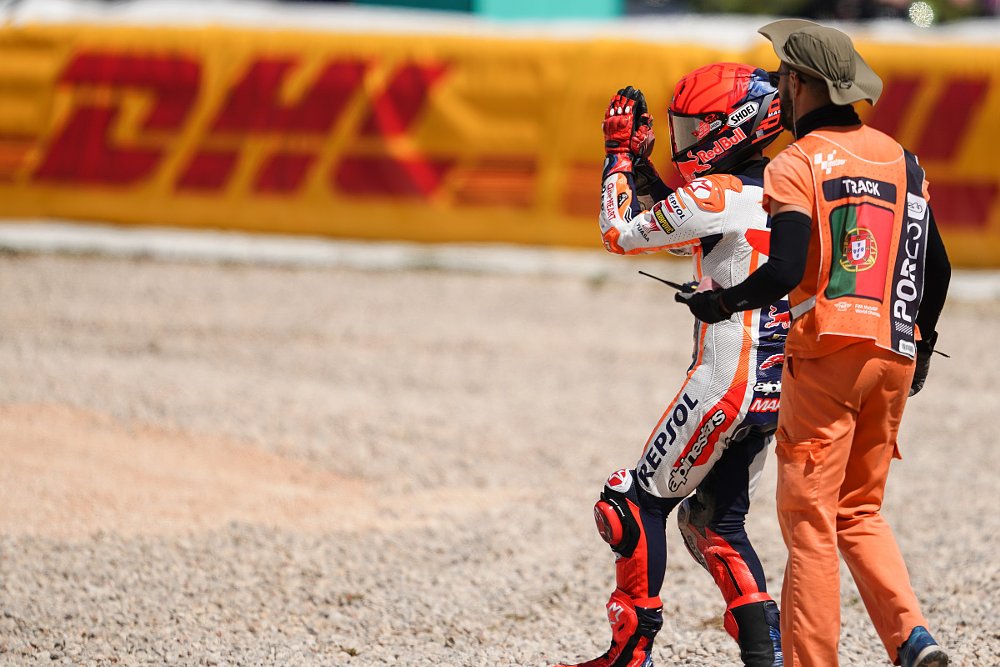
So what's up with Honda?
In MotoGP, conventional wisdom says the RC213V is not easy to ride and has fallen behind the competition in performance in recent years. Trying harder on a hard-to-ride bike that's not fully competitive explains the number of crashes and injuries Honda riders have suffered this year.
A more general theory is that Honda has become too much of a massive, corporate entity to sustain the passion for and focus on racing that it had in the beginning. Company founder Soichiro Honda was known as an abrasive, demanding, even abusive boss, but he pushed his little company to stunning early success by taking on challenges in racing that nobody back then thought possible for a startup Japanese company in its first decade of existence. Honda is now a very different global corporation. It still sells more motorcycles than any other company in the world but it also sells lots of cars, electric generators, etc. If a few years ago it was unthinkable that Márquez might leave Honda, it was even more unimaginable that Honda might leave MotoGP. Yet now, some people have gone to the extreme of asking whether Honda could pull out, as Kawasaki and Suzuki already have.
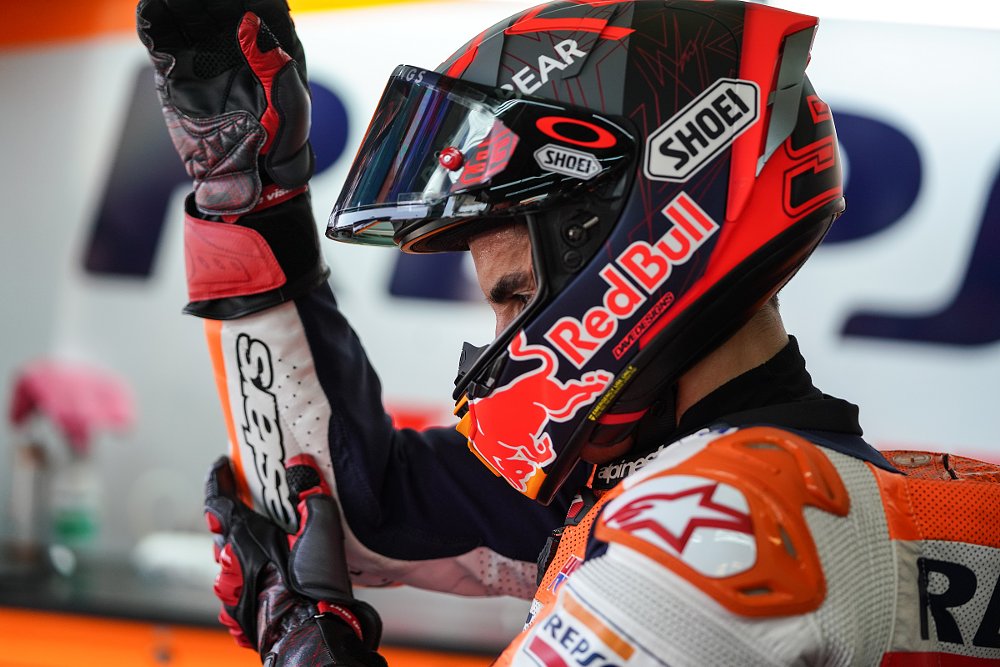
Those are theories. I don't claim to understand Honda's dramatic decline in roadracing. But I do see cycles that companies run through in racing.
In 2007, Casey Stoner won the MotoGP title on a Ducati, thanks to his unnatural talents. Several riders who were or would go on to become world champions — Troy Bayliss, Nicky Hayden, Carlos Checa — could not replicate that success. But because of Stoner's one-off championship, the powers at Ducati, who perhaps were a bit too influenced by their own advertising copy, could blame the riders, not the bike. That ended when Valentino Rossi couldn't win on the Ducati. When not even Valentino Rossi can win on your race bike, you have to admit you have a problem with the bike. Ducati was forced to reassess, took a new direction, and now dominates MotoGP.
Somewhat similarly, Márquez, who is known for his seemingly impossible saves — crashing but then not really crashing — kept winning on the RC213V. His teammates never had the same level of success, but Honda could keep taking the same route as long as Márquez could keep winning. That ended when Márquez hurt himself badly in 2020, suffered numerous setbacks, and now threatens to continue hurting himself as he tries to override the hard-to-ride Honda to keep up with the Ducatis. Shades of Ducati: When not even Marc Márquez can keep your motorcycle upright, you have to admit you have a problem with the bike.
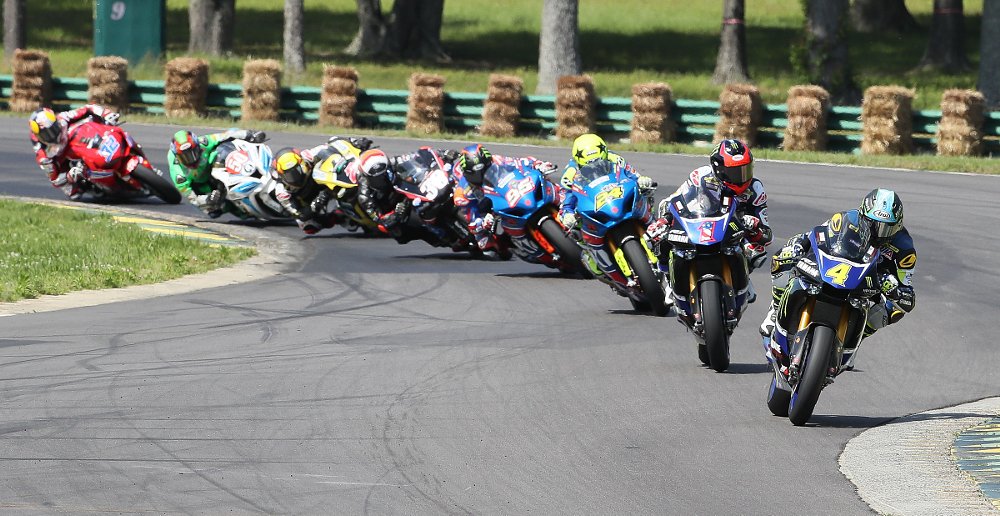
I don't think there's any doubt that Honda has the ability to turn around this dramatic decline. After all, Ducati did, and Honda certainly has the engineering talent and the financial depth to pull off a similar reversal of fortune. The real question is not whether Honda can, but whether Honda will, and that goes back to the argument some make that the company is just too big, the ship so massive that it's hard to alter course, and that the passion and drive that fuel racing success can't thrive in such an environment. I'm not sure I buy that argument, but some smart people do.
What's undisputable is that the motorcycle roadracing world I knew 20 years ago has been reversed. It wasn't that long ago that Japanese companies dominated MotoGP. Now, Kawasaki and Suzuki are gone and Yamaha and Honda are last in the constructors' standings. There are only the two Yamahas of the factory team and four Hondas on the grid this year and it's possible that the independent LCR Honda team could switch to KTM next year. Honda riders are looking for escape clauses to get on a better motorcycle.
European companies dominated roadracing when a Honda team showed up at the Isle of Man TT in 1959 to take on the established order. The Japanese went on to dominate, but now we've come full circle, with Europeans again on top. The mighty have fallen to a degree that few would have predicted, even a few years ago.




